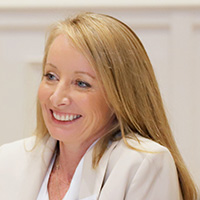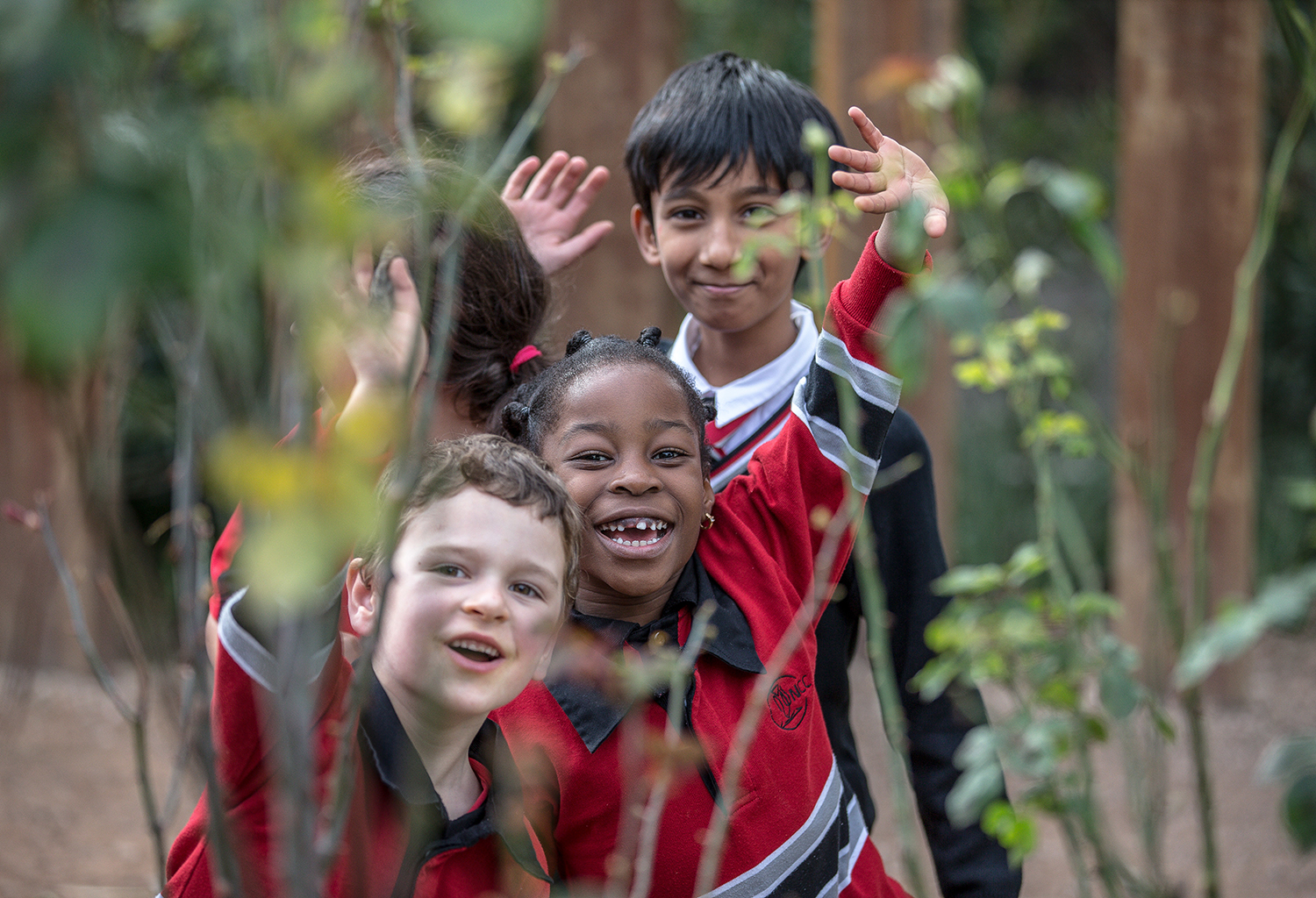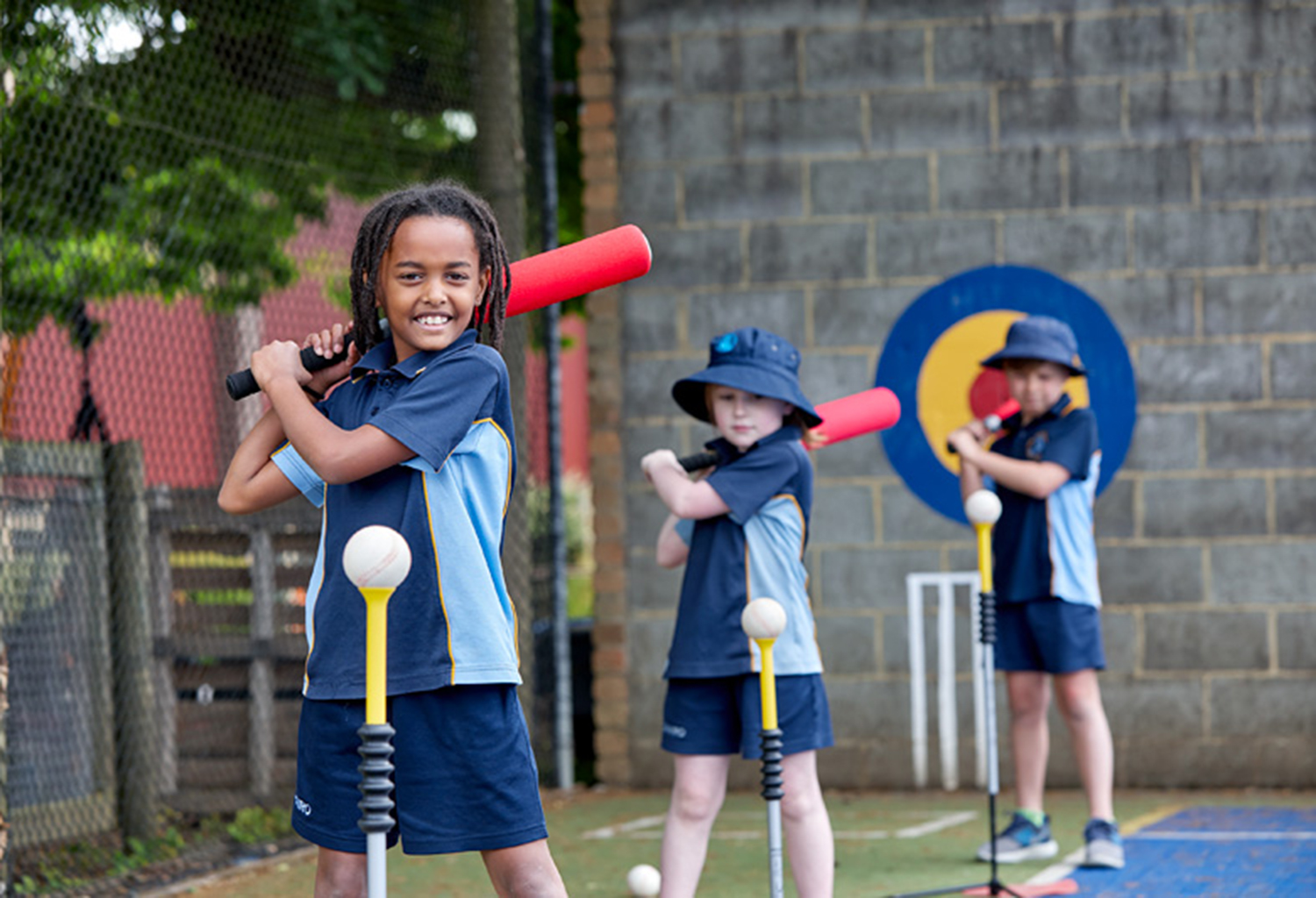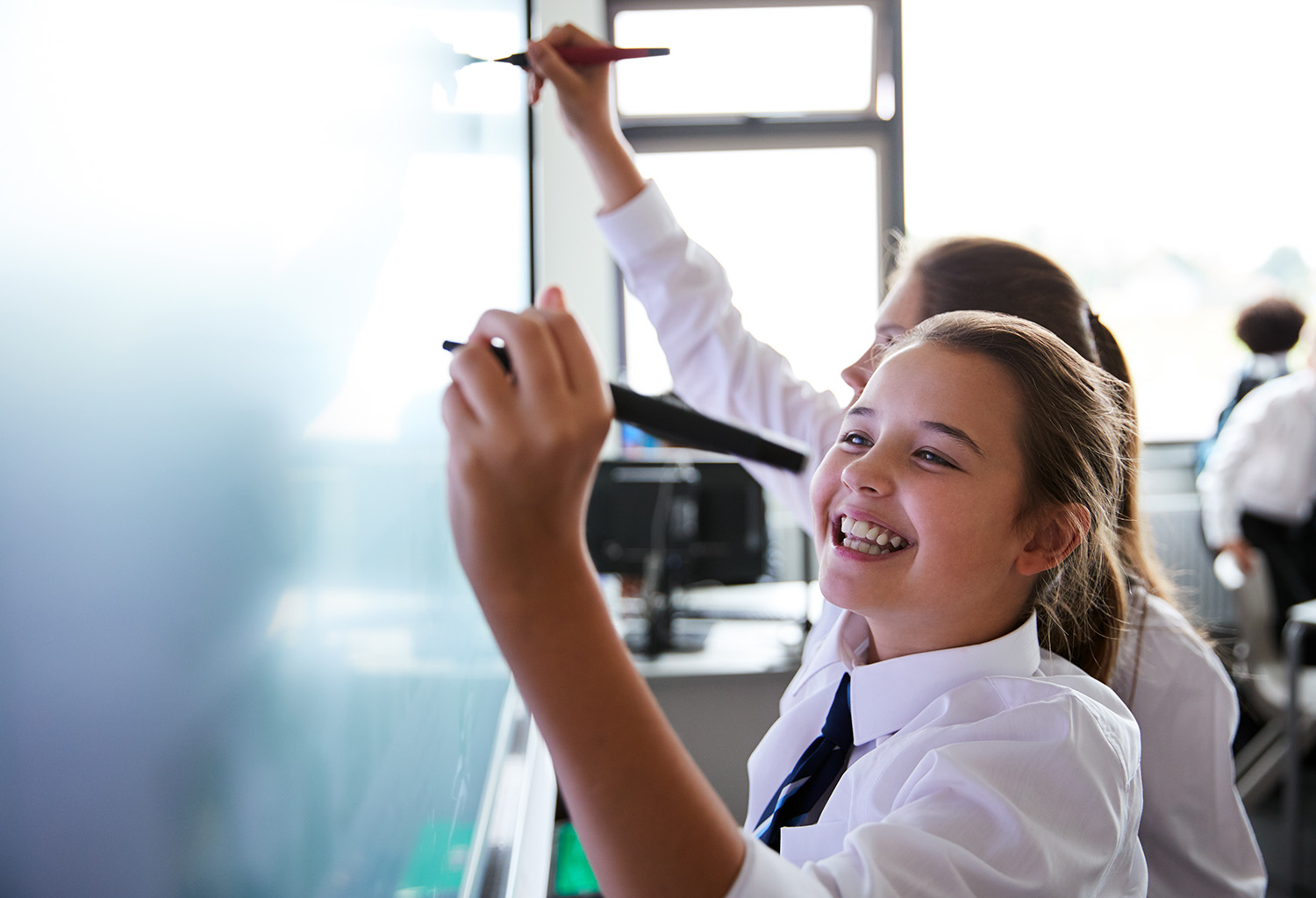Student wellbeing, working in partnerships with parents

5 min read
Conversations around sexual consent are uncomfortable and delicate conversations to have at home, but parents can leverage recent media coverage as a useful discussion starter, writes Michelle Carroll.
Over the course of the past weeks, a light shone on the uncomfortable truth of sexual assault against young women following the very public disclosure by young Liberal staffer, Brittany Higgins. Brittany claimed to be inspired by the words of the recently announced Australian of the Year, Grace Tame – an advocate of removing the barriers and discomfort of conversations about sexual assault.
Grace Tame led a campaign ‘Let Her Speak’ which won her the right to publicly self-identify following abuse she suffered as a teenager. She used her voice to push for legal reform and raise awareness about the impacts of sexual violence.
In the ensuing days, a wide disclosure of young women in Sydney shared their own disturbing and upsetting experiences of assault, culminating in a petition circulated and signed by thousands for schools to provide better education on consent, and to do so at a much earlier age.
What is age appropriate sexual health education?
For years, educators such as myself, have been grappling with the notion of what is age-appropriate sexual health education, noting the variabilities do occur in school demographics, culture and even different cohorts within schools. Undoubtedly, sexual health education needs to work in partnership with parents and targeting programs requires careful consideration and the expertise of skilled teachers and curriculum writers.
In support of the questions raised last week in Sydney about school programs, a 2016 study of students in South Australia and Victoria has shown young people do consider school to be a trustworthy source of sexual health education but most do not believe the lessons have prepared them adequately for relationships.
Jacqueline Hendriks, from Curtin University, cautions that we should be careful not to oversimplify the issue of consent. “Sexual negotiation can be a difficult or awkward process for anyone — regardless of their age — to navigate. The term ‘consent’ is often associated with sex, but it is much broader than that. It relates to permission and how to show respect for ourselves and for other people. Consent should therefore be addressed in an age-appropriate way across all years of schooling”.
“Sexual health education needs to work in partnership with parents and targeting programs requires careful consideration and the expertise of skilled teachers and curriculum writers.”
Curriculum guidelines and maintaining respectful relationships
The ACARA Health and Physical Education Curriculum clearly outlines for schools to teach students about establishing and maintaining respectful relationships, this includes resources written for Year 3–Year 10, covering such topics as:
- standing up for themselves
- establishing and managing changing relationships (offline and online)
- strategies for dealing with relationships when there is an imbalance of power (including seeking help or leaving the relationship)
- managing the physical, social and emotional changes that occur during puberty
- respecting difference and diversity in individuals
- practices that support reproductive and sexual health.
All of the above is reflected in our own health and physical education programs at St Catherine’s and we aim to encompass a holistic view of sexual health inclusive of respect, intimacy, relationships and consent. In the early years, students should be taught how to affirm and respect personal boundaries, using non-sexual examples like whether to share their toys or give hugs.
How can we do better?
The coverage within the media the past few weeks is not without reflection among our teachers of what we can do better, in particular with our Year 11 and 12 students where the ACARA HPE curriculum is not continued. Schools must tailor their own curriculum for these senior years that can be targeted appropriately for gender and age.
The National Survey of Australian Secondary Students and Sexual Health has been carried out by researchers at La Trobe University at regular intervals since 1992. It is considered the most comprehensive of its kind into the sexual behaviour, attitudes and health of young people at secondary school. Each survey involves more than 2,000 students in Years 10, 11 and 12 at Government, Catholic and Independent schools in all states and territories.
This survey presents a very clear picture of the sexual world of young people and proves to be a great resource for parents, schools and policymakers. Schools can take heart from results that suggest that young people ‘on the whole’ are feeling good about their decisions to have or not to engage in sexual activity and most are acting responsibly.
Moving to an affirmation model of consent
Despite this, the most recent survey conducted by La Trobe University in 2018 highlighted that more than one-quarter (28.4%) of sexually active students reported an unwanted sexual experience. Their most common reasons for this unwanted sex was due to pressure from a partner, being intoxicated or feeling frightened. A key priority area identified was to improve young people’s awareness, knowledge and skills to engage in healthy relationships.
Over the past weeks, the variation in state laws regarding consent shed light on the disparity across Australian states. Encouragingly, Victoria and Tasmania have introduced laws that state not saying or doing anything is not consent to a sexual act, meaning consent must be explicitly given. Moving to an affirmation model of consent protects victims who freeze in fear, rather than requiring the accuser to have actively said no or tried to stop the alleged assaulter. The affirmative model relies on a ‘yes means yes’ view on consent.
Undoubtedly, for some parents these are uncomfortable and delicate conversations to have at home, with both daughters and sons. If this is the case in your family, I would encourage parents to leverage from the media coverage as a conversation starter about the notion of consent.
Michelle Carroll is Principal at St Catherine’s School.
References
Fisher, C. M., Waling, A., Kerr, L., Bellamy, R., Ezer, P., Mikolajczak, G., Brown, G., Carman, M. & Lucke, J. 2019. 6th National Survey of Australian Secondary Students and Sexual Health 2018, (ARCSHS Monograph Series No. 113), Bundoora: Australian Research Centre in Sex, Health & Society, La Trobe University.
Johnson, B., Harrison, L., Ollis, D., Flentje, J., Arnold, P., & Bartholomaeus, C. (2016) ‘It is not all about sex’: Young people’s views about sexuality and relationships education. Report of Stage 1 of the Engaging Young People in Sexuality Education Research Project. Adelaide: University of South Australia.



